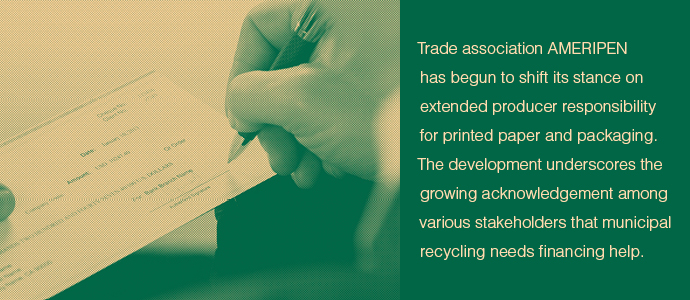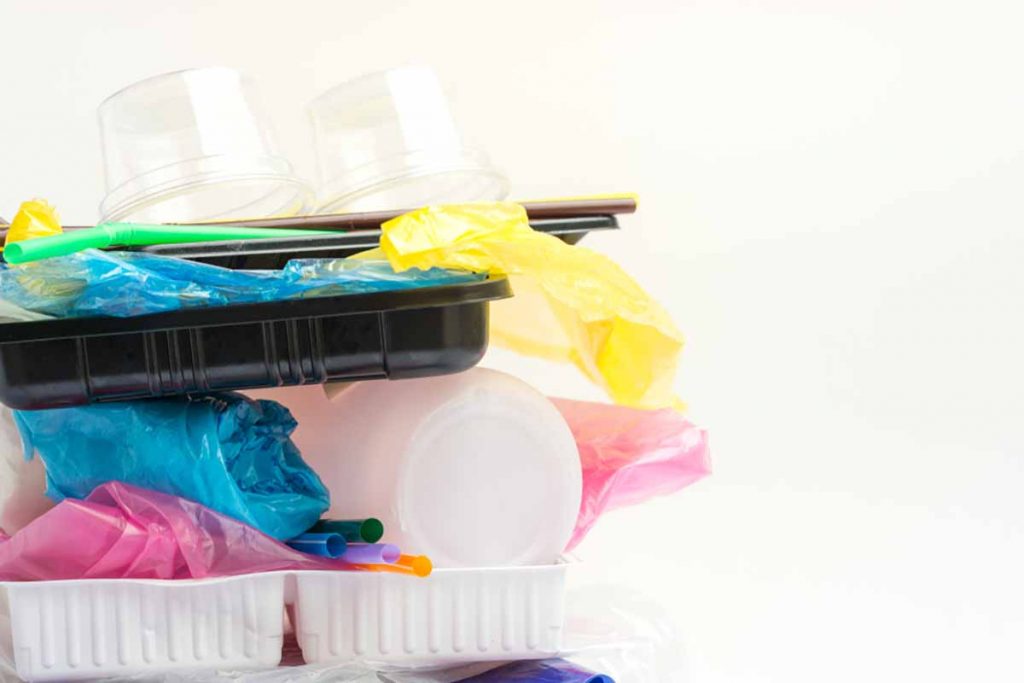
Paper and packaging EPR is already firmly established as part of the Canadian and European waste management landscape. |
Coca-Cola, Unilever and Walmart are among the companies that have backed a statement from a global group in support of extended producer responsibility, the latest example of the seismic shift in corporate sentiments around the policy approach.









